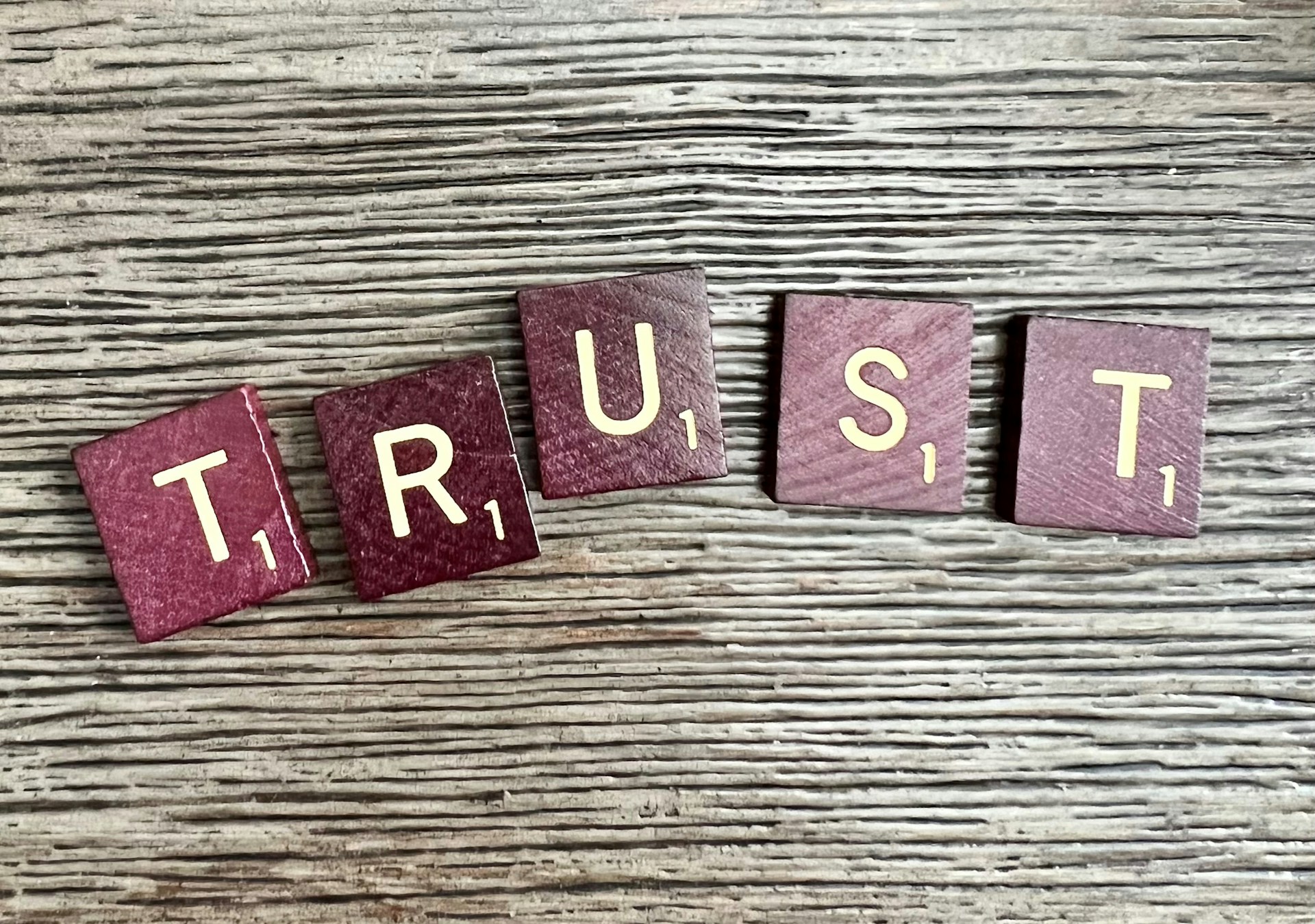Average Company Culture Ratings Could Signal Slippery Slope to Toxicity

By Sarah McLellan
When it comes to eating out, picking a hotel, or even opting for an Uber driver, their average rating seriously influences our decision on whether to engage with them.
How about when it comes to company culture? An article in the Economist recently shared that the average culture rating of large employers in America on Glassdoor is 3.6 out of 5. A rating that middling is unlikely to push you over the line if you are weighing up a service provider or product, but what about an employer?
A Glassdoor study revealed that 56% see company culture as more important than salary in terms of job satisfaction. An MIT paper in 2022, similarly found a toxic culture is 10.4 times more likely to contribute to attrition than compensation.
The challenge is, in theory, we don’t look for a job as often as a holiday, meal out or taxi driver. Whilst our analysis might be more scrupulous when weighing up multiple options, this isn’t always a reality for jobseekers and the pressure of security can determine the decision we make. Once you’re inside a company, employees can have even more to lose.
An average rating of 3.6 might not be surprising – for every great company, there’s one dragging it down – but it’s not very motivating either. Looking across a sea of mixed reviews, evaluating disgruntled employee experiences of double standards, and unfairness, versus what appears to be a great track record in developing careers (if you’re in the right demographic). Applicants might mentally decide to trade off one poor attribute for another, or even plan to stick with the job for a couple of years and use it as a stepping-stone to the next. Often, there’s a feeling of having to compromise and settle for something, hopefully, not too disappointing.
The risk, however, is real. In recent years, we have seen horrible, unethical, and even cruel work cultures exposed across all industries. Financial service organisations still struggling with macho, risk-taking behaviour; well-known retail brands such as McDonalds and Abercrombie seemingly concealing cultures of abuse for many years; long hours exposed in Tech and Professional Services firms; and even those in the public eye, in trusted positions of power, engaging in fraudulent behaviour and double standards to pursue their own agendas.
Culture, like a restaurant’s rating, doesn’t simply break overnight. There are early signs, small behaviours and actions that suggest things are starting to head down a slippery slope (e.g., allowing some people to bypass the rules, withholding information because it’s too difficult to share, encountering silence or a lack of two-way dialogue). Left alone, these can expand into toxic behaviours and destructive experiences.
At Make it Human, we have identified the 10 signs of culture cracks and developed a diagnostic to help identify where they could be lurking. Our research shows 88% of company cultures today are cracking, and this view is broadly in line with how CEOs perceive their cultures too. 80% rate culture in the top 5 most important factors for delivering financial performance, and yet 84% say their culture isn’t where it needs to be.
It’s likely in the major culture failings we’ve witnessed, the cracks started many years ago. The cultures we create involve all of us, and a continuous commitment to nurturing workplaces where people feel safe, included, and able to contribute, collaborate, learn and grow is elementary. Without this, business results will constantly ebb and flow, and operating costs will run out of control as the revolving door of people keeps spinning.
We can and must do better. Focusing on building workplaces where people can thrive has to be our number 1 goal. Get the foundations in place, give applicants compelling reasons to join and employees clear motivation to stay, and experiences, ratings and results will grow.
Find out where there could be cracks expanding in your culture with the free Make it Human Culture Cracks diagnostic and receive personalised results: https://ivlv.me/x4mbi
About the author
Sarah is a work psychologist, strategic partner and business leader with 20 years of experience using people science to build happier, healthier more human workplaces. Sarah leads Make it Human, a consulting company partnering with organisations to cultivate cultures where people and businesses thrive. Her book, 'Make it Human', captures this vision and includes models and stories to enable practical steps towards making this a reality. Find out more or get in touch at: www.make-it-human.com




